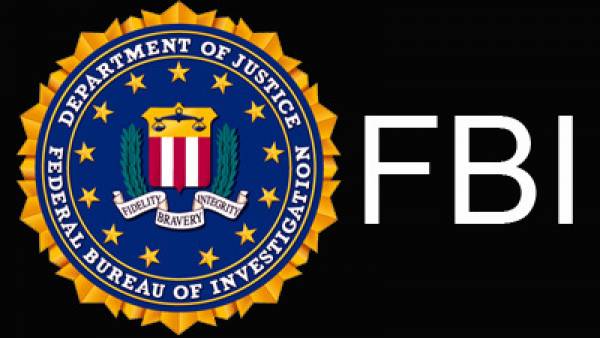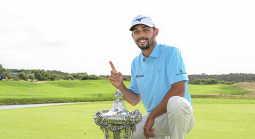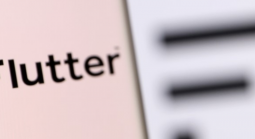FBI Ruse Case Against Poker Pro Paul Phua Dismissed

LAS VEGAS — (Associated Press) - A federal judge in Nevada dismissed a criminal case Monday against a wealthy Malaysian gambler who was arrested last year after FBI agents impersonated Internet repair technicians to get a peek at what he was doing in suites at a Las Vegas Strip resort.
Gone is the allegation that Wei Seng "Paul" Phua headed an illegal bookmaking operation that reaped $13 million after converting high-roller villas into a worldwide sports betting hub during the FIFA World Cup soccer tournament.
Phua, 51, won the return of a $2 million cash bond and the $50 million private aircraft he had surrendered as collateral, and he immediately planned to leave Las Vegas for home, defense attorney David Chesnoff said.
"Mr. Phua's courageous and principled stand helps to ensure personal liberty for all of us," Chesnoff said. "He had faith in the integrity of the federal court, and we are gratified that he can go home to his family."
Chesnoff and defense attorney Thomas Goldstein had cast the case as a cutting-edge test of the Fourth Amendment right to be free at home from governmental search and seizure.
U.S. Attorney Daniel Bogden declined through a spokeswoman to comment.
U.S. District Judge Andrew Gordon's decision was not unexpected. Last week, the judge upheld a federal magistrate's earlier recommendation and threw out, as the product of an illegal search, evidence collected by FBI and Nevada Gaming Control Board agents from three exclusive high-roller suites at Caesars Palace.
That left little evidence for the government case.
Bogden said last week it could take several weeks to decide whether to appeal to the 9th U.S. Circuit Court of Appeals in San Francisco.
To do so would invite another review of what now amounts to a stinging rebuke of investigators' tactics and the collapse of a high-profile international investigation.
It crumbled after testimony during hearings last year showed the agents enlisted a Caesars contractor to shut off Internet service to get invited in to hotel rooms without a warrant so they could collect enough evidence to get a federal magistrate to approve search warrants.
The agents failed to tell the magistrate such a ruse had been used.
Goldstein noted that evidence about the ruse came to light by mistake.
"They avoided creating any documents that said they did it on purpose," Goldstein said last week. He called it "just dumb luck" that Phua's legal team found evidence of the ruse in video turned over to the defense.
"I think they forgot they were being recorded," Goldstein said.
Prosecutors cast Phua as a top member of an Asian organized crime syndicate who flew to Las Vegas on his private jet last June, just days after his arrest and release in the Asian gambling hub of Macau on charges of operating an illegal sports-betting business.
Phua's lawyers denied their client had any connection with organized crime.
In Las Vegas, the government said that Phua had several people including his son convert several hotel suites to betting boiler rooms crammed with computers, Internet routers and cellphones.
Eight people were arrested in July, and Phua was initially charged with operating an illegal gambling business and transmission of wagering information. Prosecutors last month added a conspiracy count that has now also been dismissed.
Phua's son, Darren Wai Kit Phua, and five Chinese citizens pleaded guilty to lesser charges, forfeited hundreds of thousands of dollars and returned to Asia under plea deals banning them from travel to the U.S. for five years. Charges against one defendant were dismissed.














